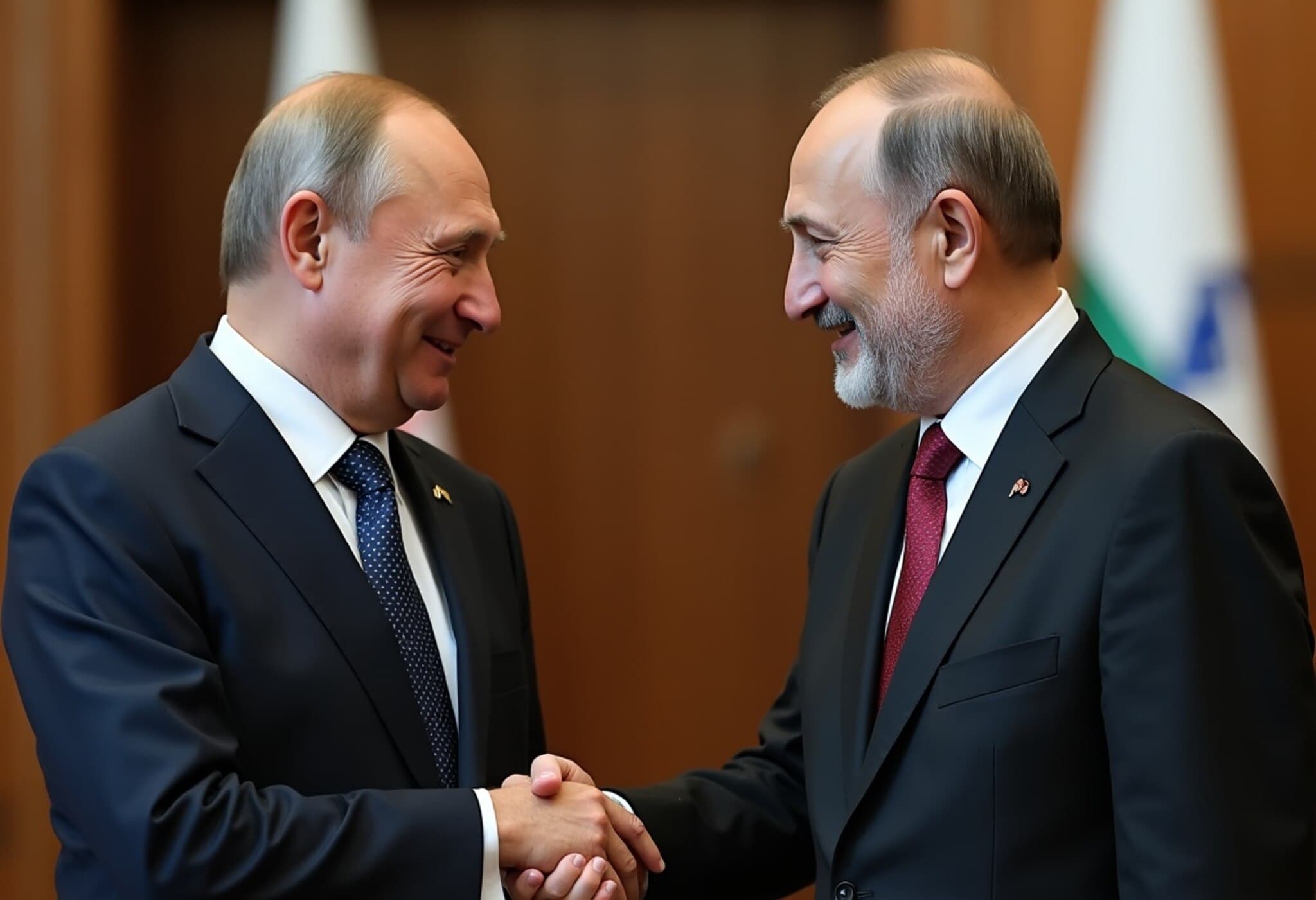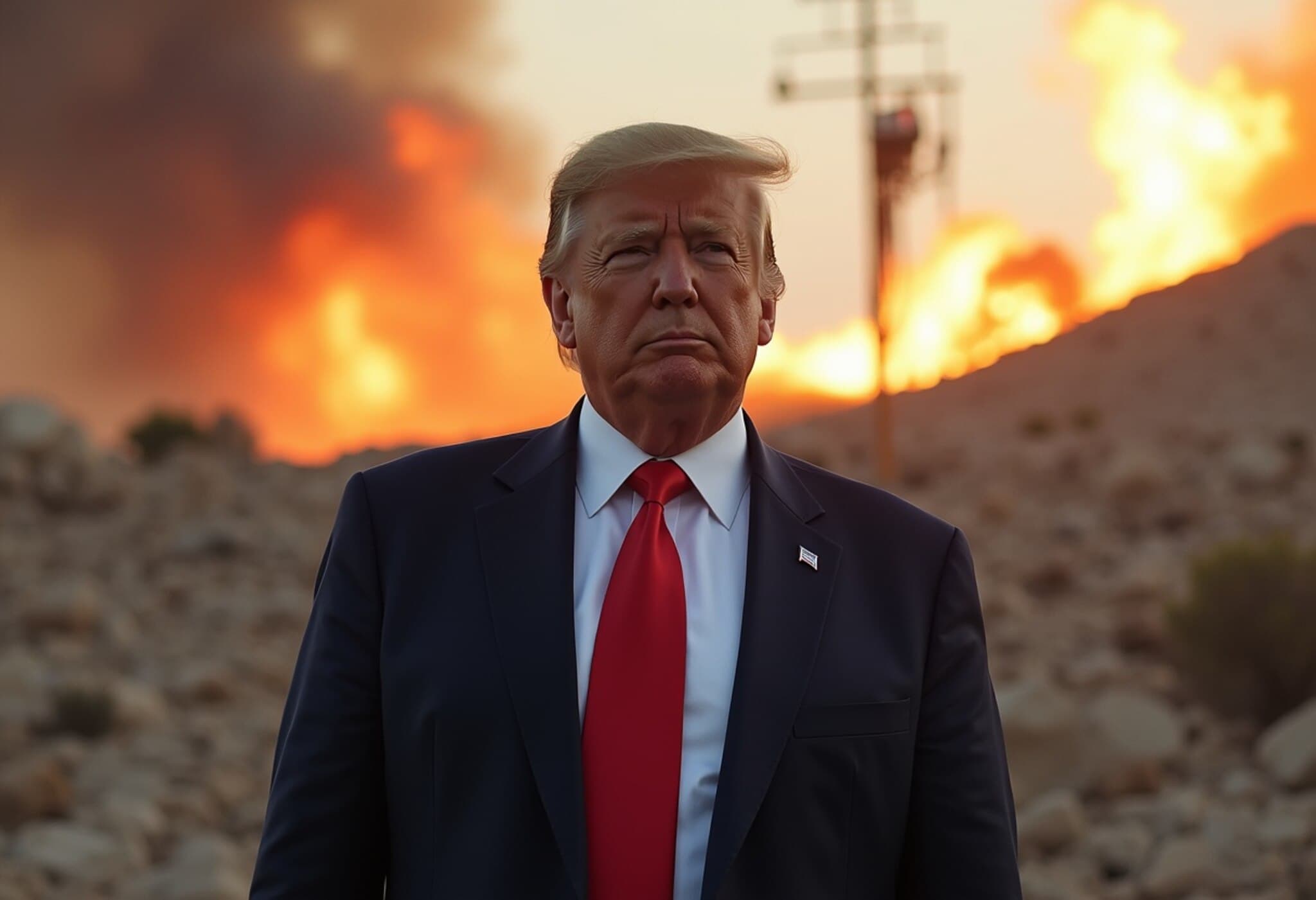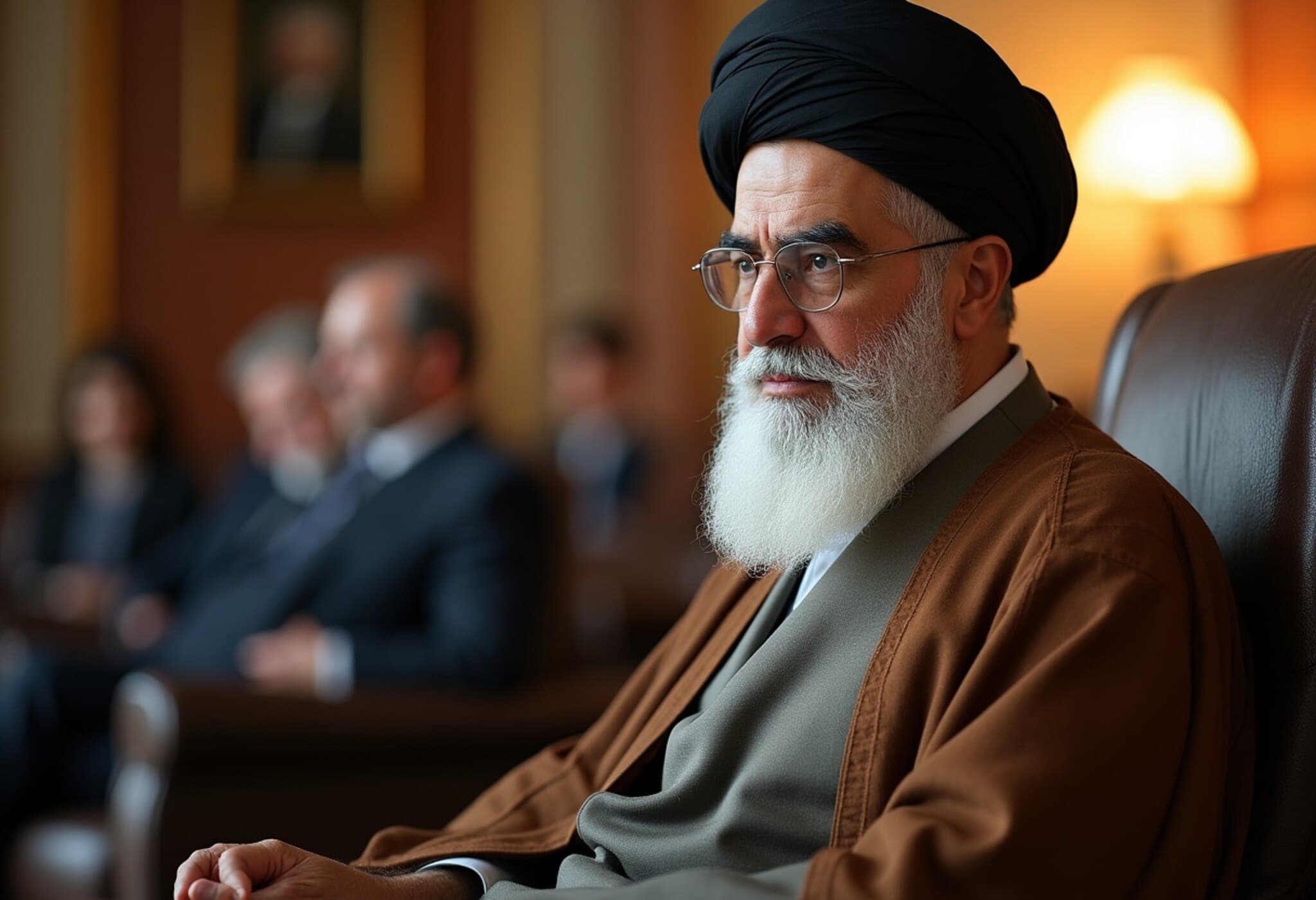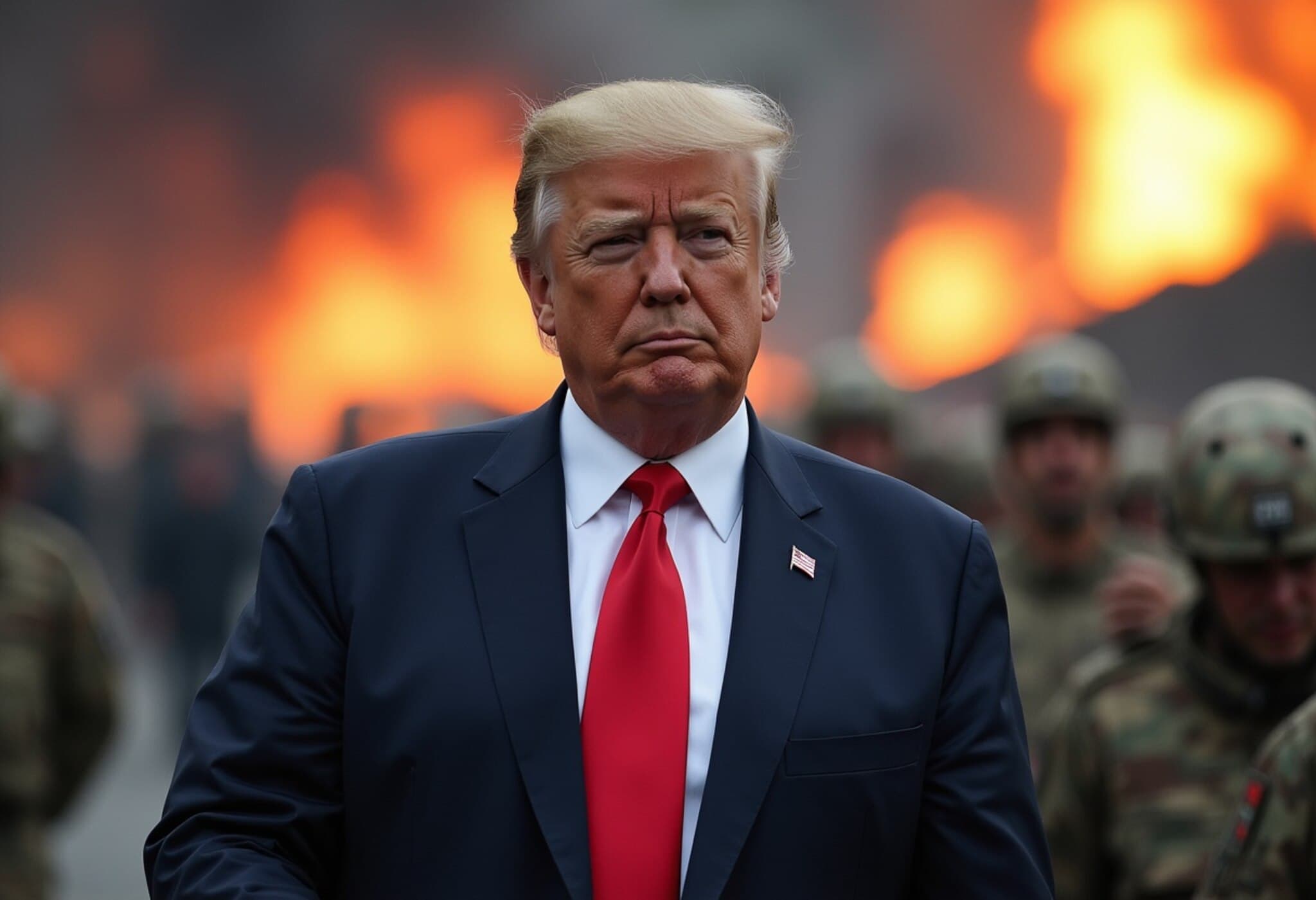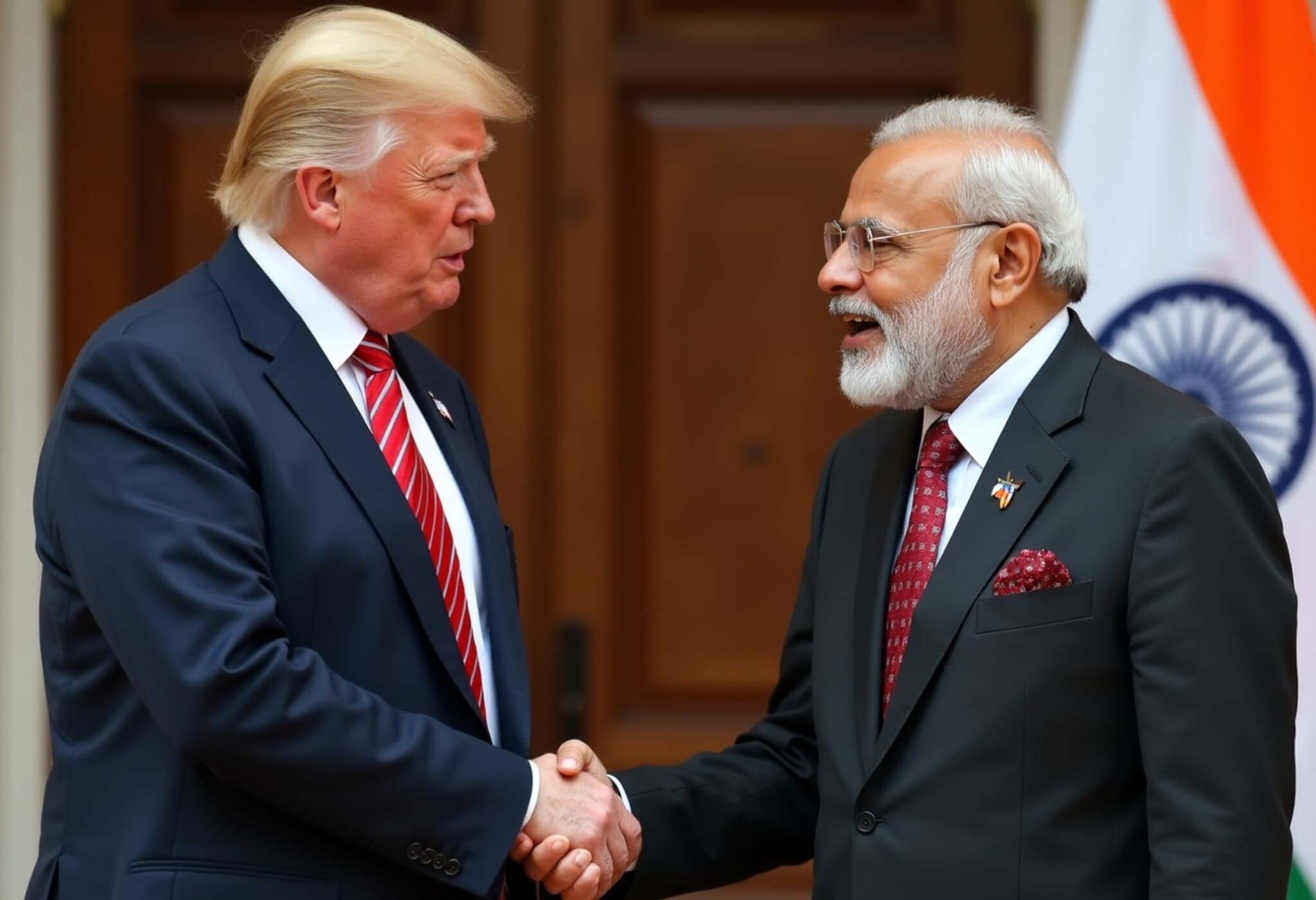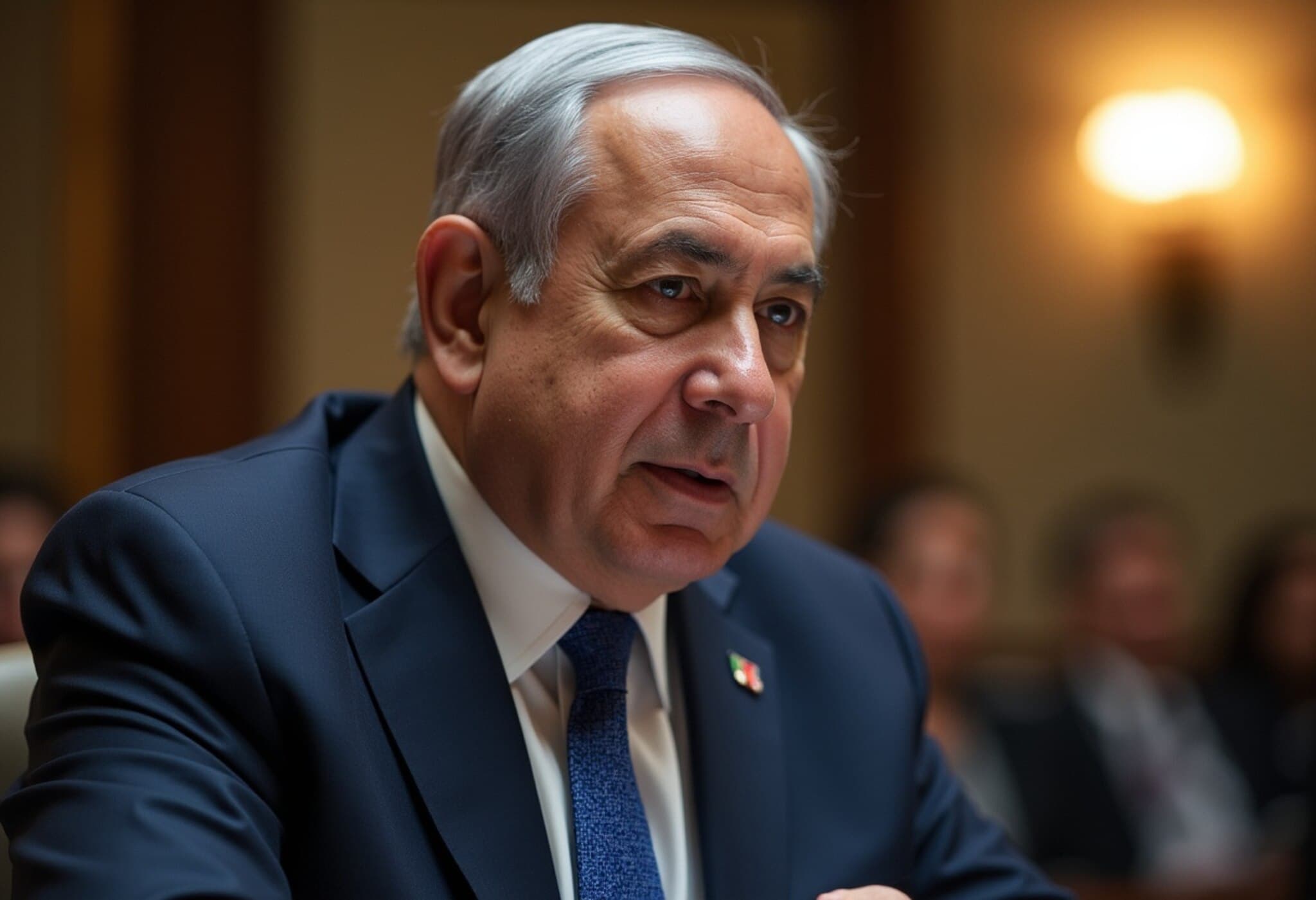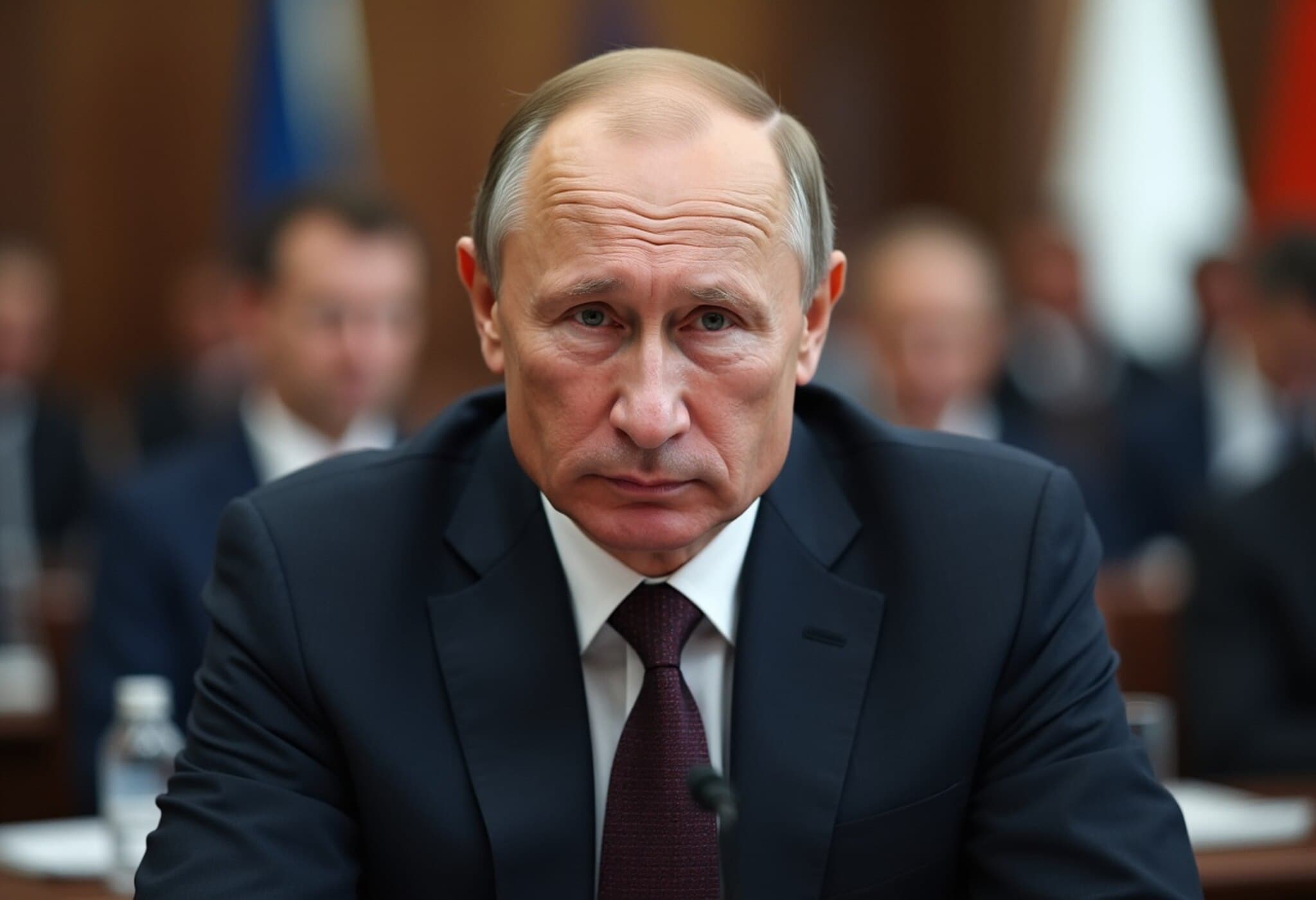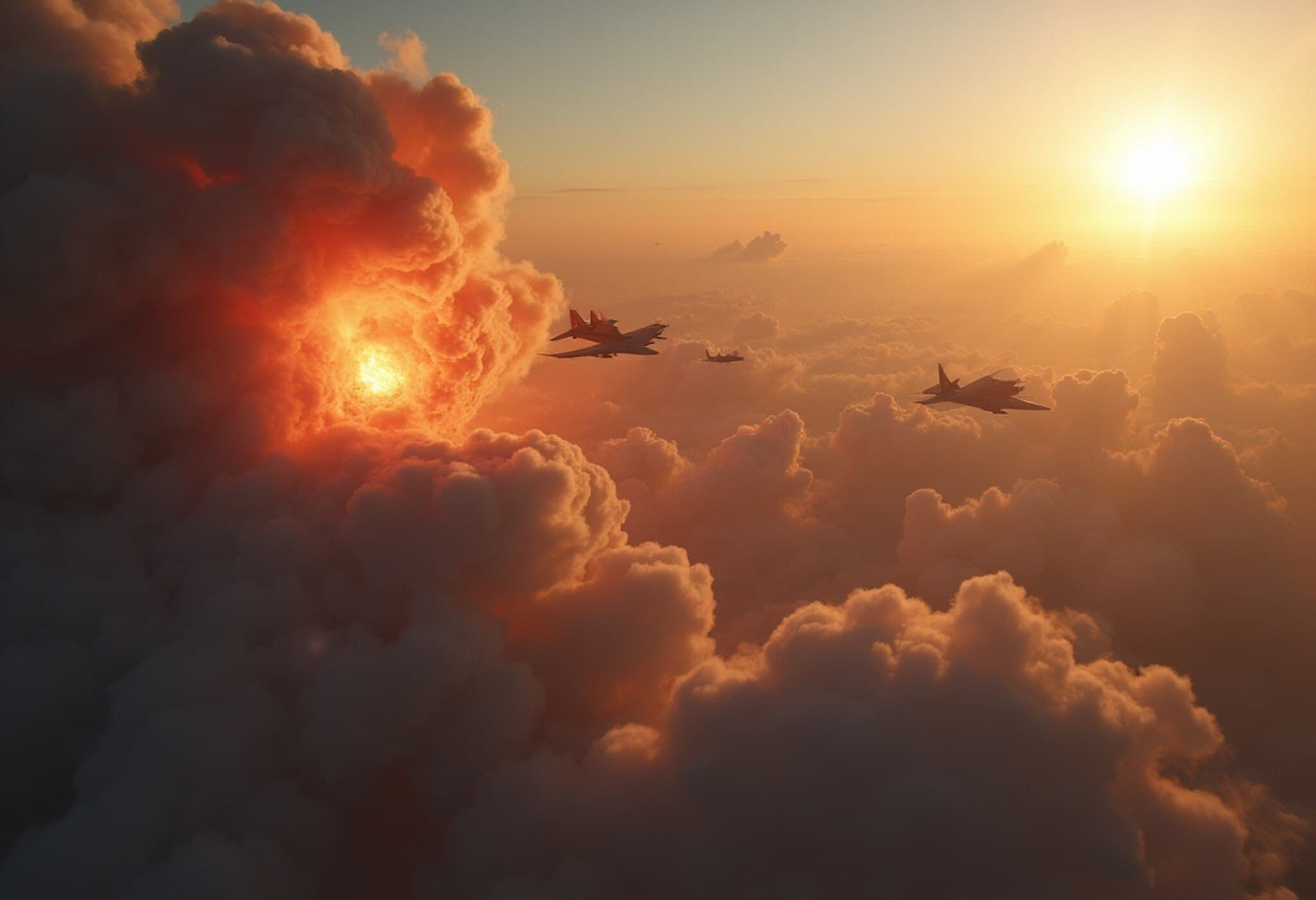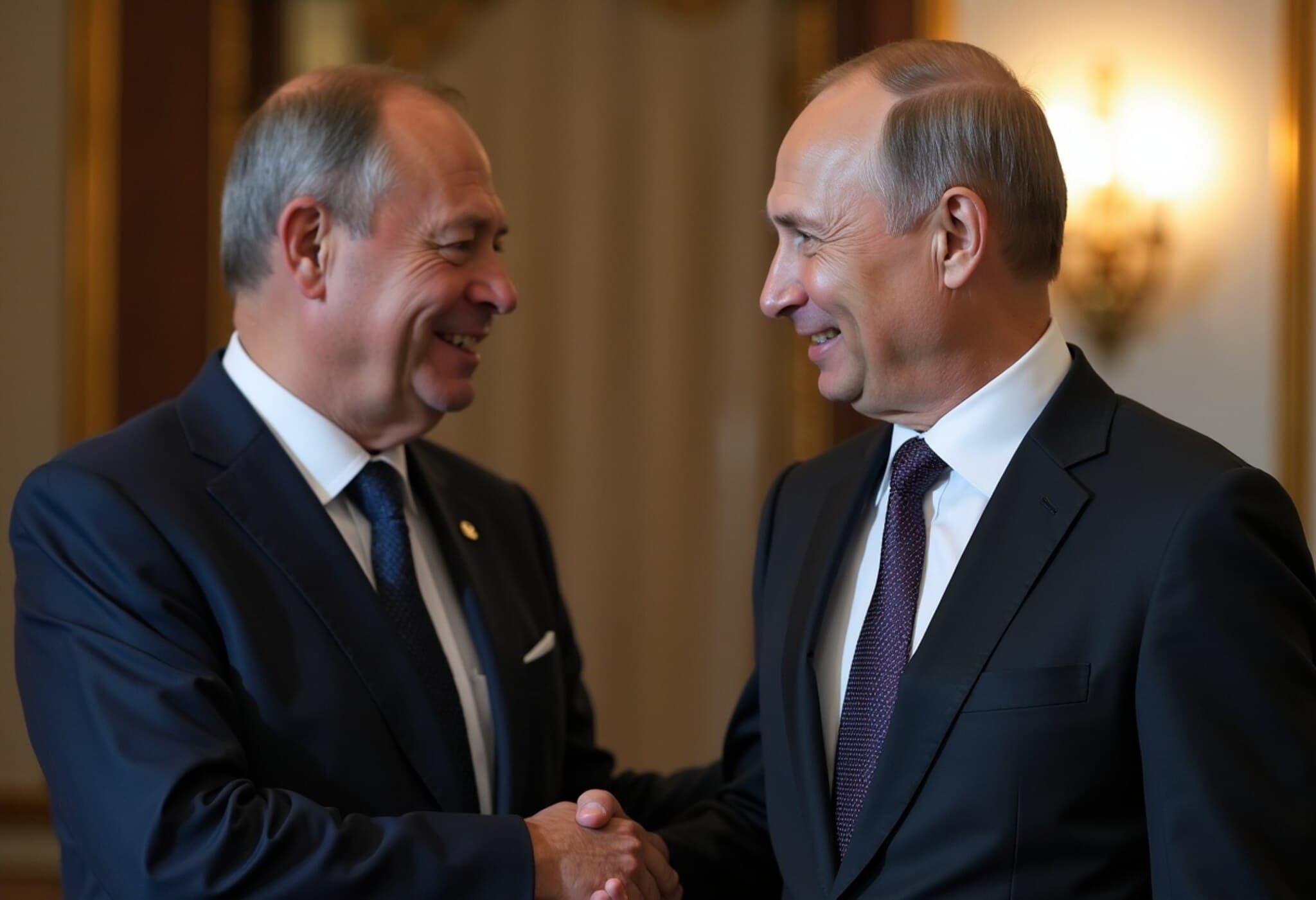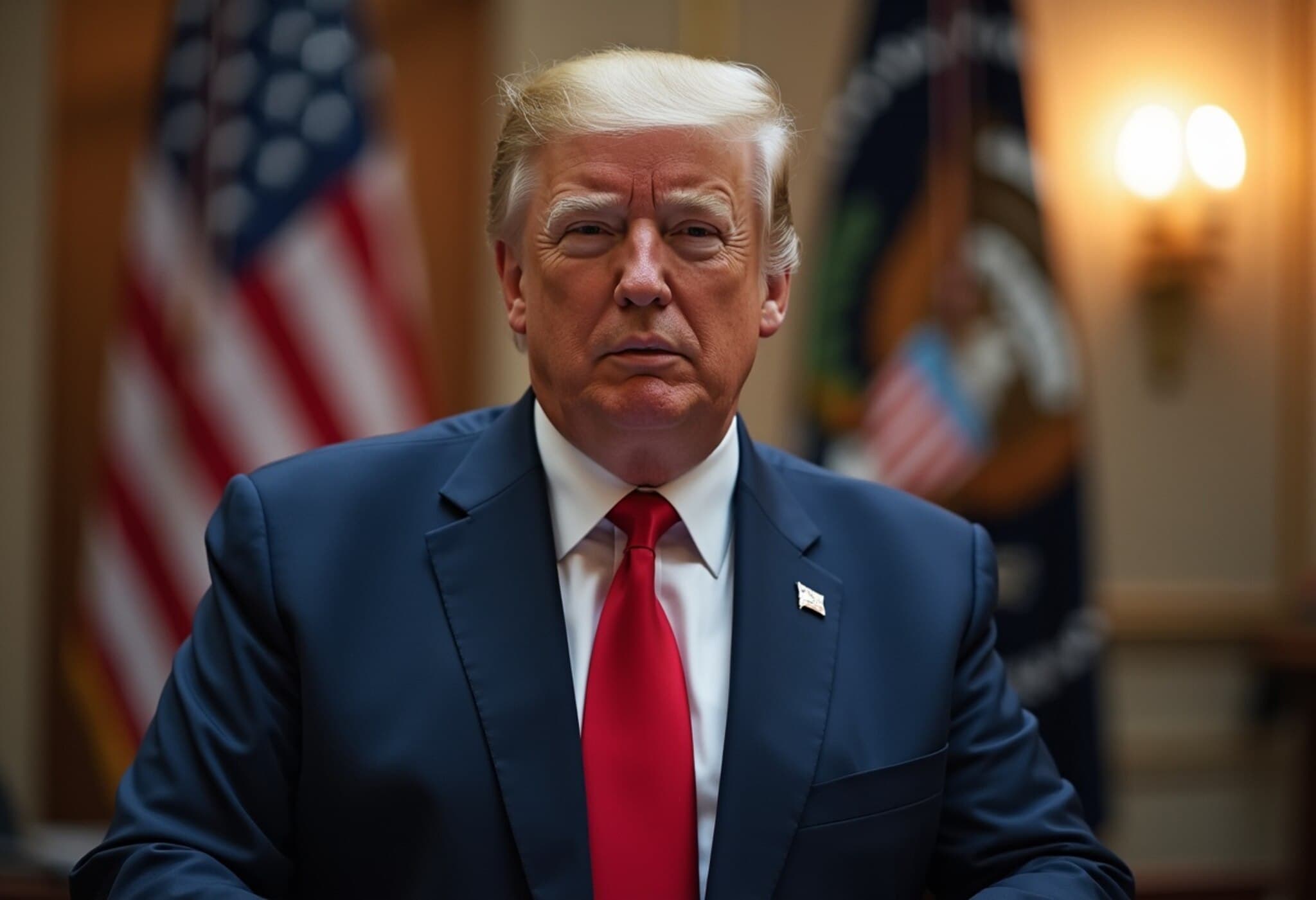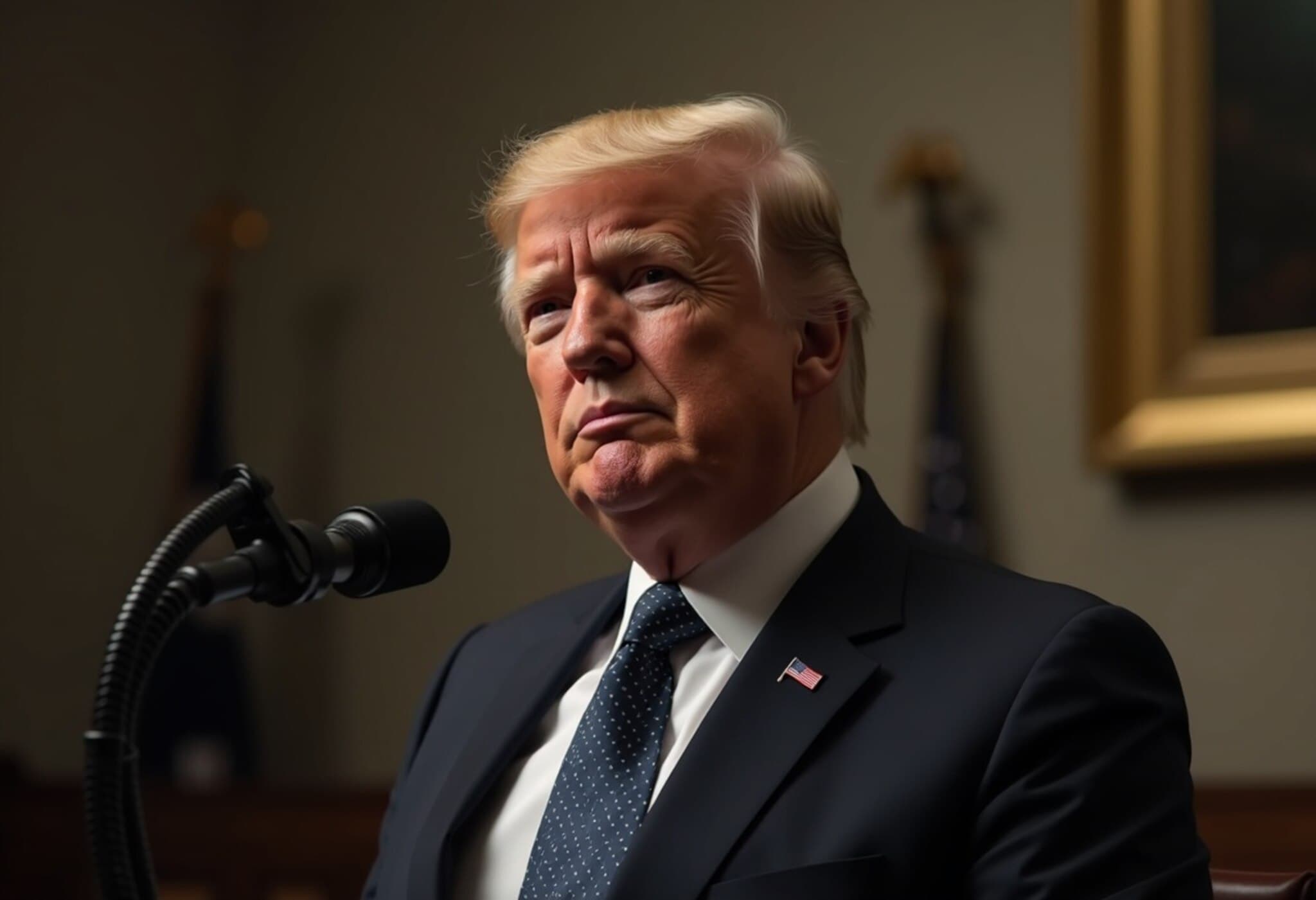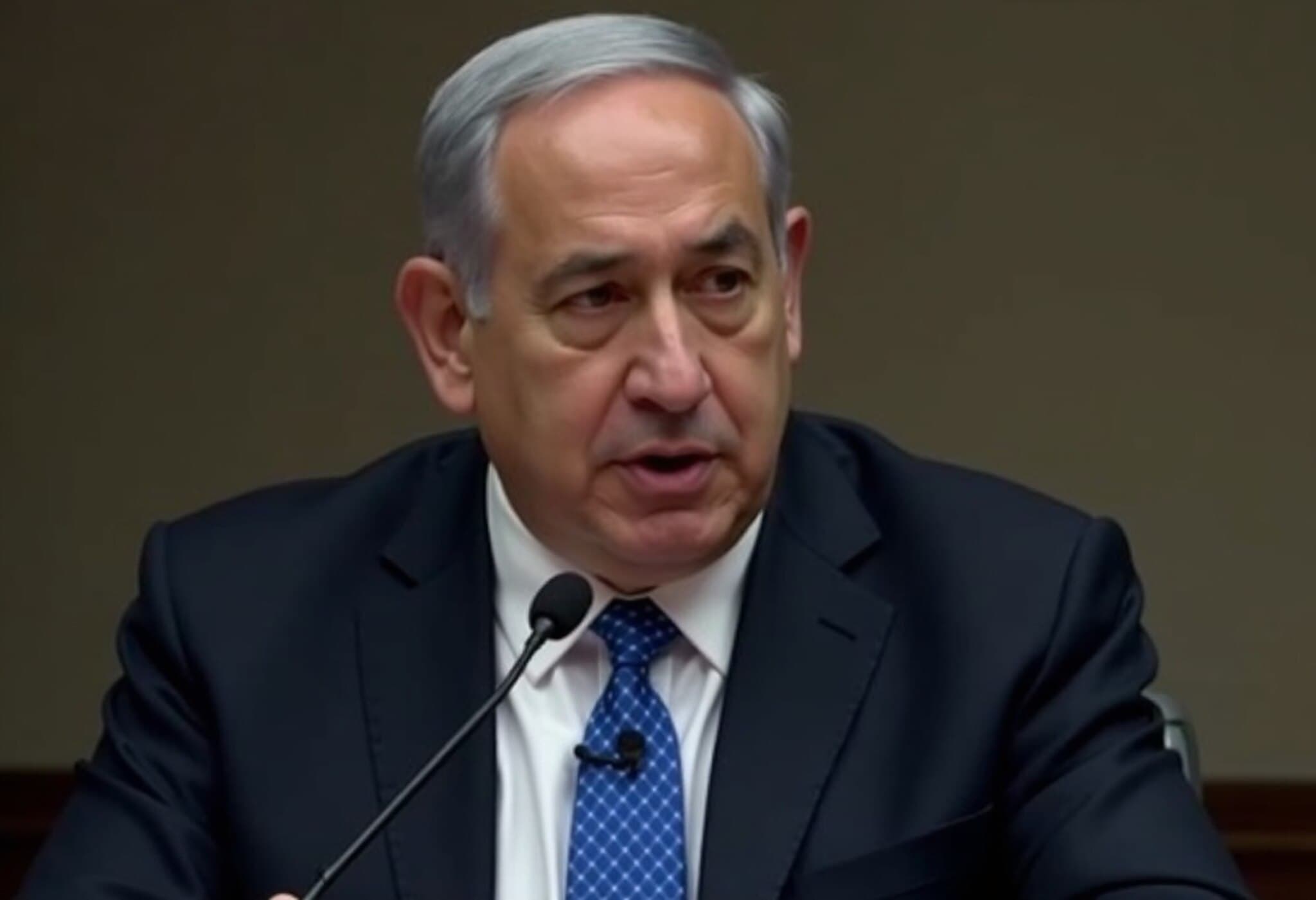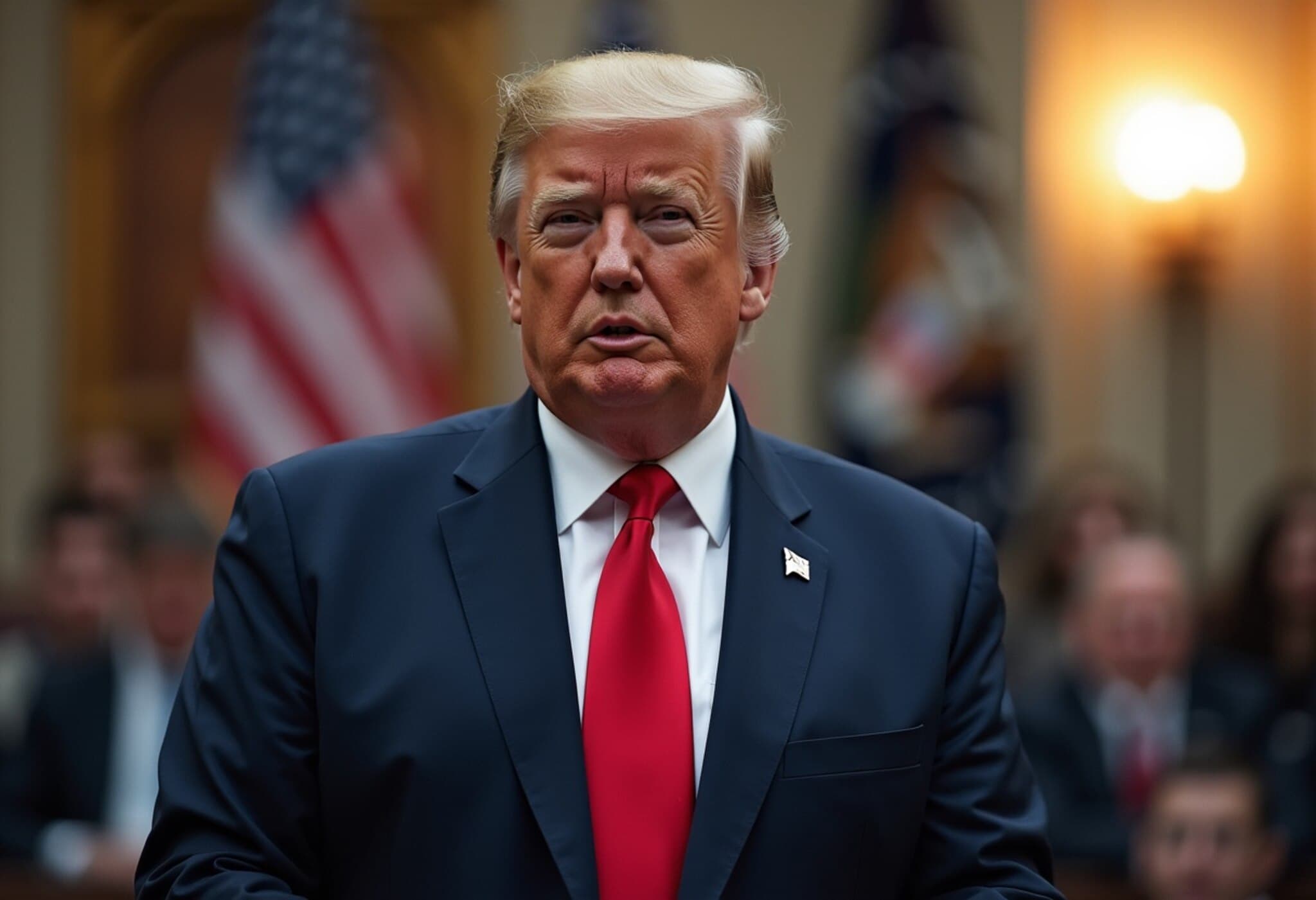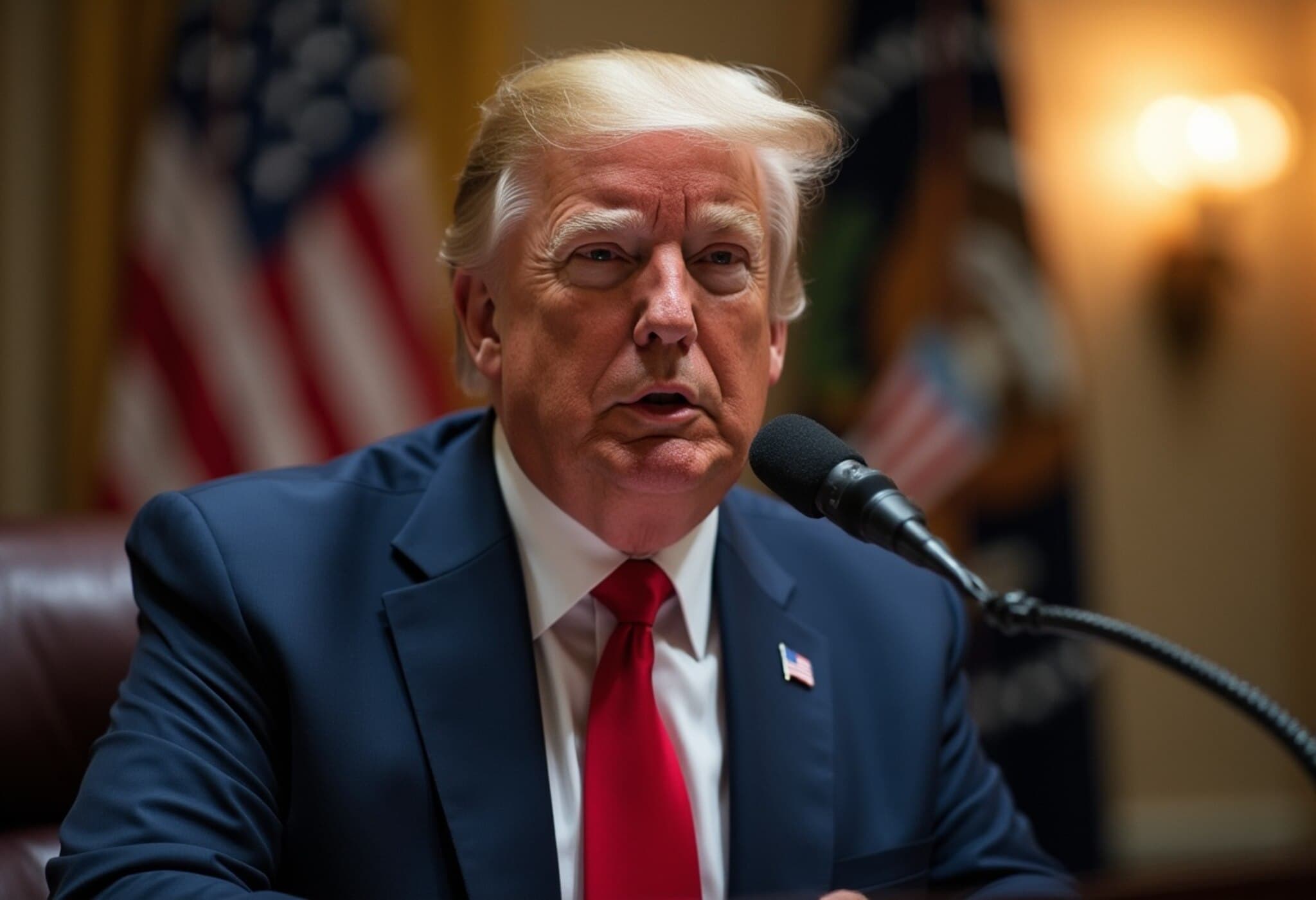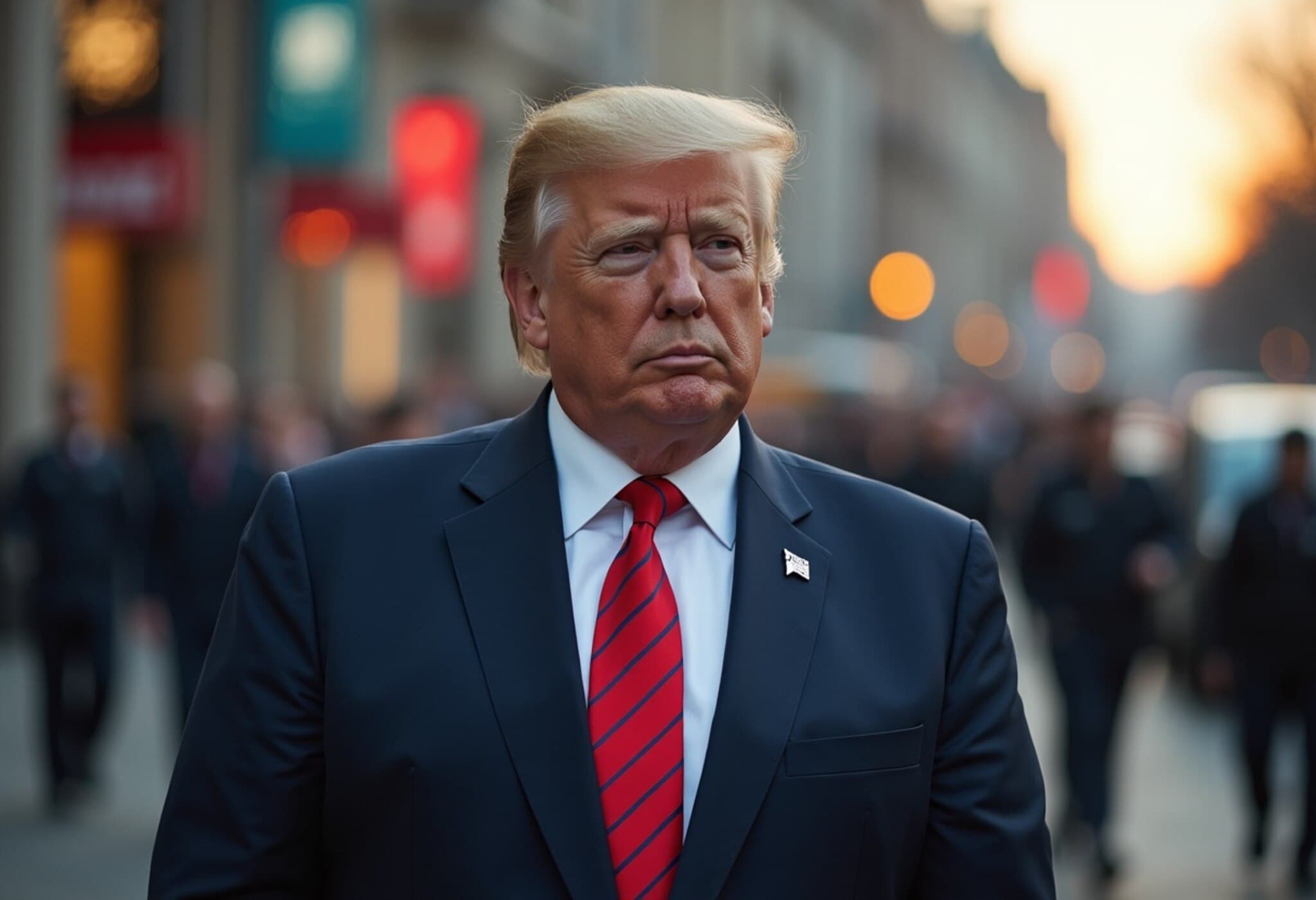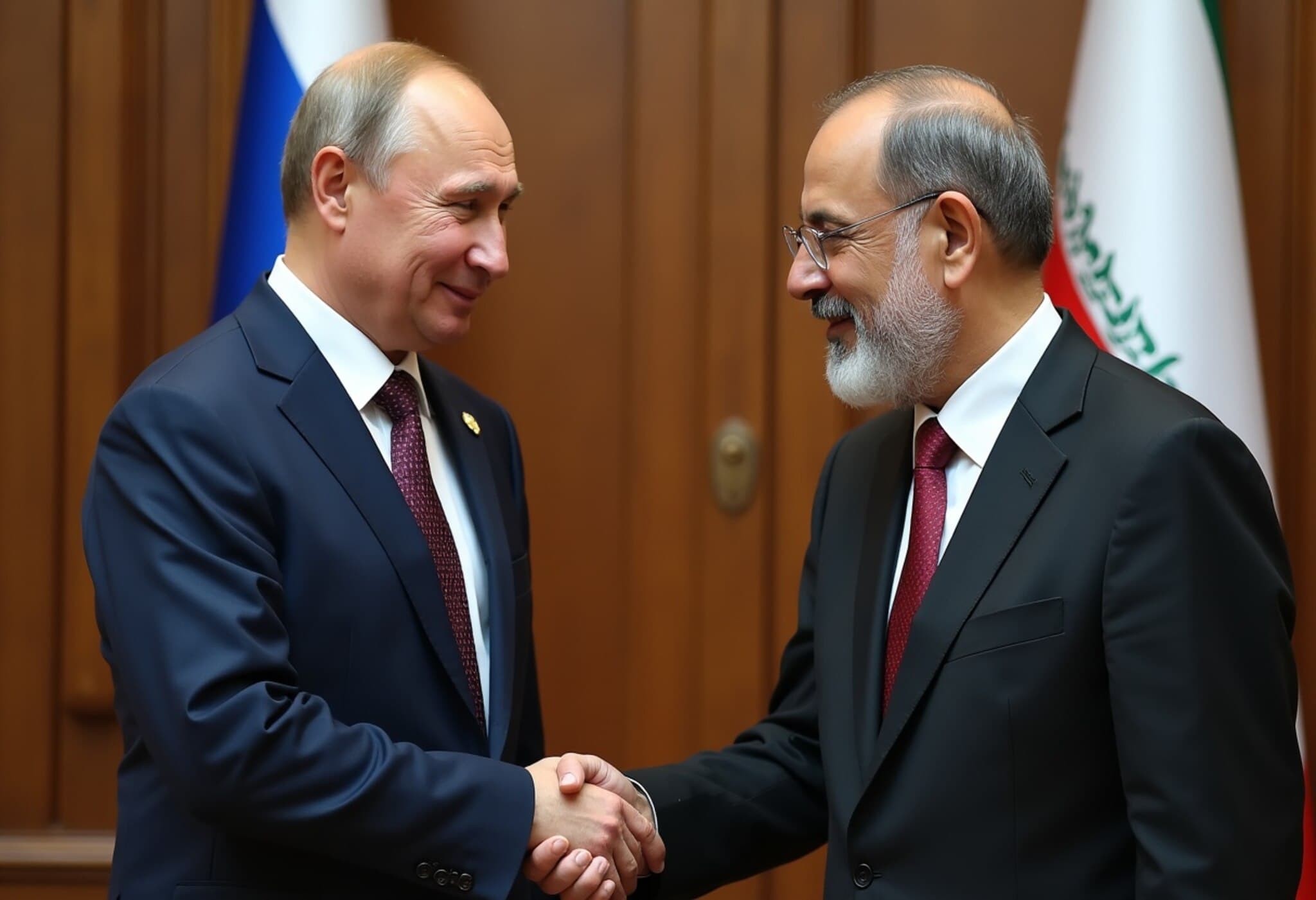Putin and Iran’s Nuclear Adviser Convene at the Kremlin
In a largely unexpected diplomatic encounter at the Kremlin on Sunday, Russian President Vladimir Putin met with Ali Larijani, the chief nuclear affairs adviser to Iran’s supreme leader. This high-profile discussion centered on the increasingly fraught topic of Tehran’s nuclear program.
Context Behind the Meeting
The meeting took place against the backdrop of escalating tensions across the Middle East, notably surrounding Iran’s nuclear ambitions and the recent uptick in regional hostilities. Kremlin spokesperson Dmitry Peskov confirmed that Larijani shared Tehran’s assessment of the "escalating situation in the Middle East and around the Iranian nuclear programme," to which Putin responded by reaffirming Russia’s long-standing positions on stabilizing the region and pursuing a political solution to the nuclear issue.
Russia’s Strategic Role amid Heightened Scrutiny
Russia has maintained a complex, strategic partnership with Iran, providing critical support at crucial junctures. However, since the U.S. bolstered Israel’s bombing operations targeting Iranian sites in June, Russia’s approach has notably been more measured, avoiding overt backing of Tehran’s military agenda. This signals a careful balancing act by Moscow — aiming to uphold its alliances while seeking to prevent further destabilization that could jeopardize its broader regional interests.
European Powers Prepare to Reengage in Nuclear Talks
In parallel developments, a German diplomatic source revealed plans for renewed negotiations between Iran and the European trio of Britain, France, and Germany. Iranian state media outlet Tasnim also confirmed Tehran’s willingness to enter fresh discussions with these countries.
This diplomatic momentum follows recent U.S. accusations — disputed by Russia — that Putin encouraged Iran to accept a deal restricting uranium enrichment, a core sticking point in global nuclear diplomacy.
Iran’s Nuclear Stance and Global Implications
For years, Iran has vigorously denied any intention to develop nuclear weapons, emphasizing its "legitimate rights" to peaceful atomic energy use under international law. Nevertheless, international skepticism persists, with ongoing debates over compliance, inspections, and regional security.
Experts note that the Kremlin’s engagement underscores Russia’s pivotal influence in shaping the future of Middle Eastern geopolitics. As the balance between diplomacy and conflict teeters, Moscow’s positioning may either facilitate de-escalation or contribute to further complexity in an already volatile landscape.
Expert Insight: Navigating a Complex Web
From a policy analyst’s perspective, Putin’s meeting with Larijani is emblematic of Russia's broader strategic calculus — leveraging diplomatic channels to sustain influence while avoiding direct entanglement that could exacerbate tensions with Western powers.
Meanwhile, renewed European talks demonstrate the persistent, if fragile, push for diplomatic resolution amid competing interests. The U.S. and Europe face the daunting challenge of coordinating their approaches toward Iran, balancing sanctions pressure with diplomatic overtures.
Questions Still Unanswered
- Will Russia’s measured stance signal a forthcoming pivot in Iran’s nuclear policy or regional ambitions?
- How might upcoming talks between Iran and European nations influence the broader geopolitical chessboard?
- Can diplomatic efforts realistically offset military escalations and maintain regional stability?
Editor’s Note
This meeting highlights a critical juncture in international diplomacy where great power interests, regional security concerns, and nuclear non-proliferation efforts intersect. It invites us to reflect on the delicate balancing acts nations perform in complex geopolitical arenas. As events unfold, the world watches closely, conscious that the ripple effects of these negotiations will profoundly affect global peace and security.

